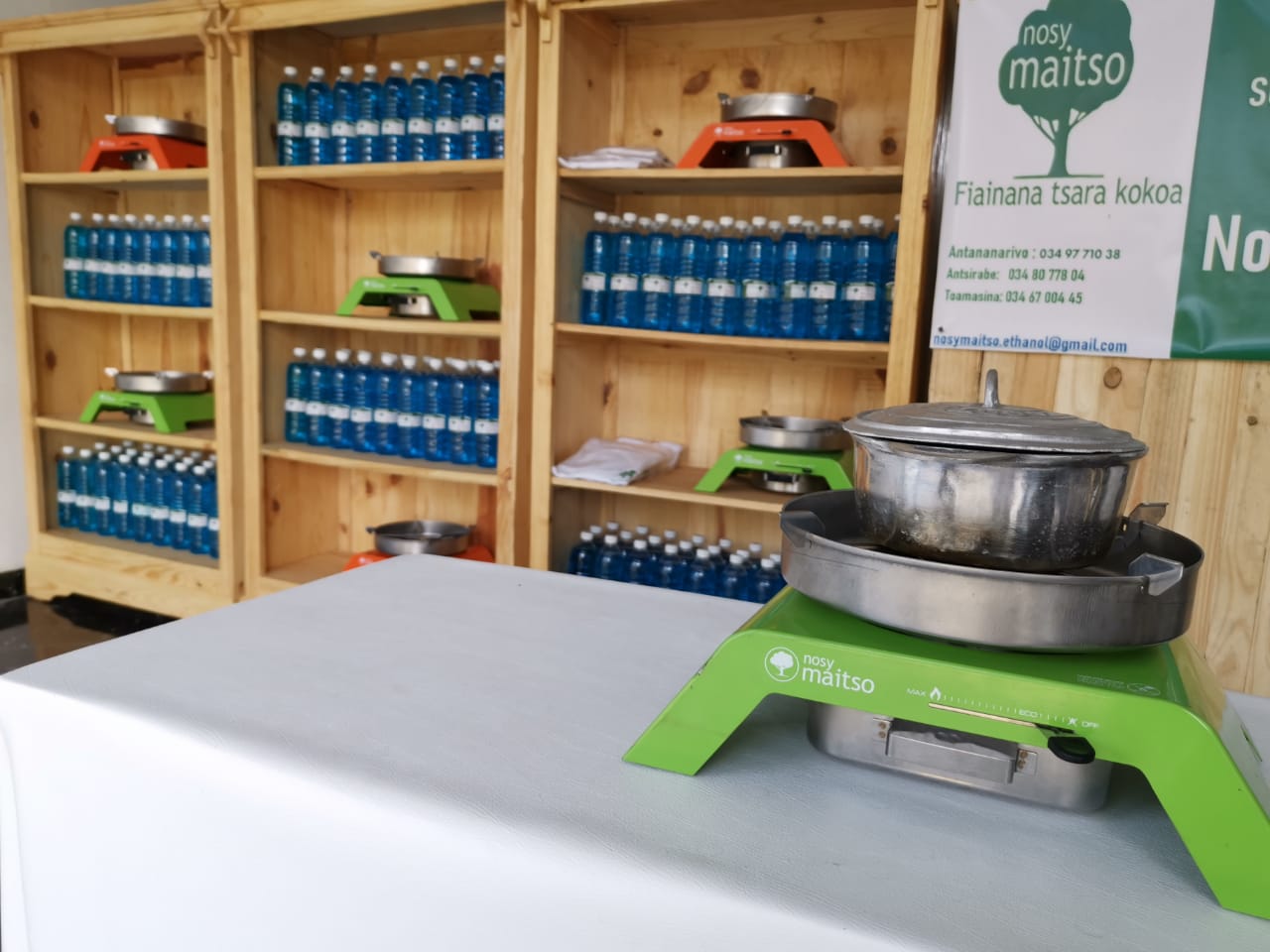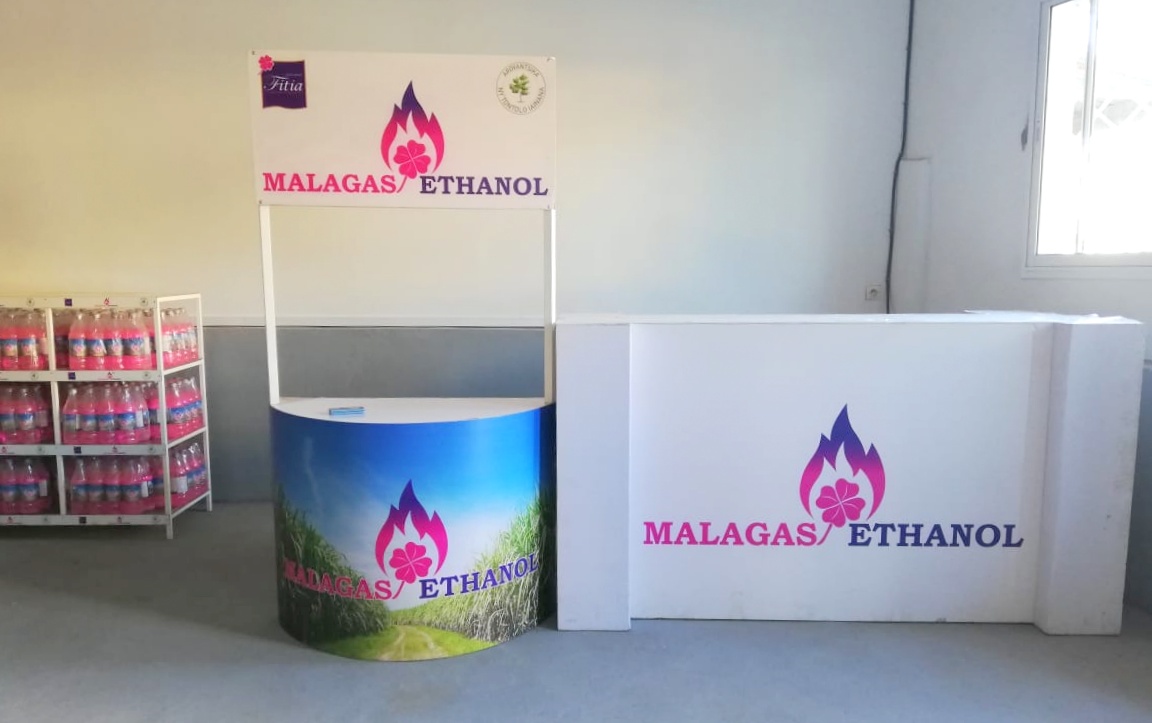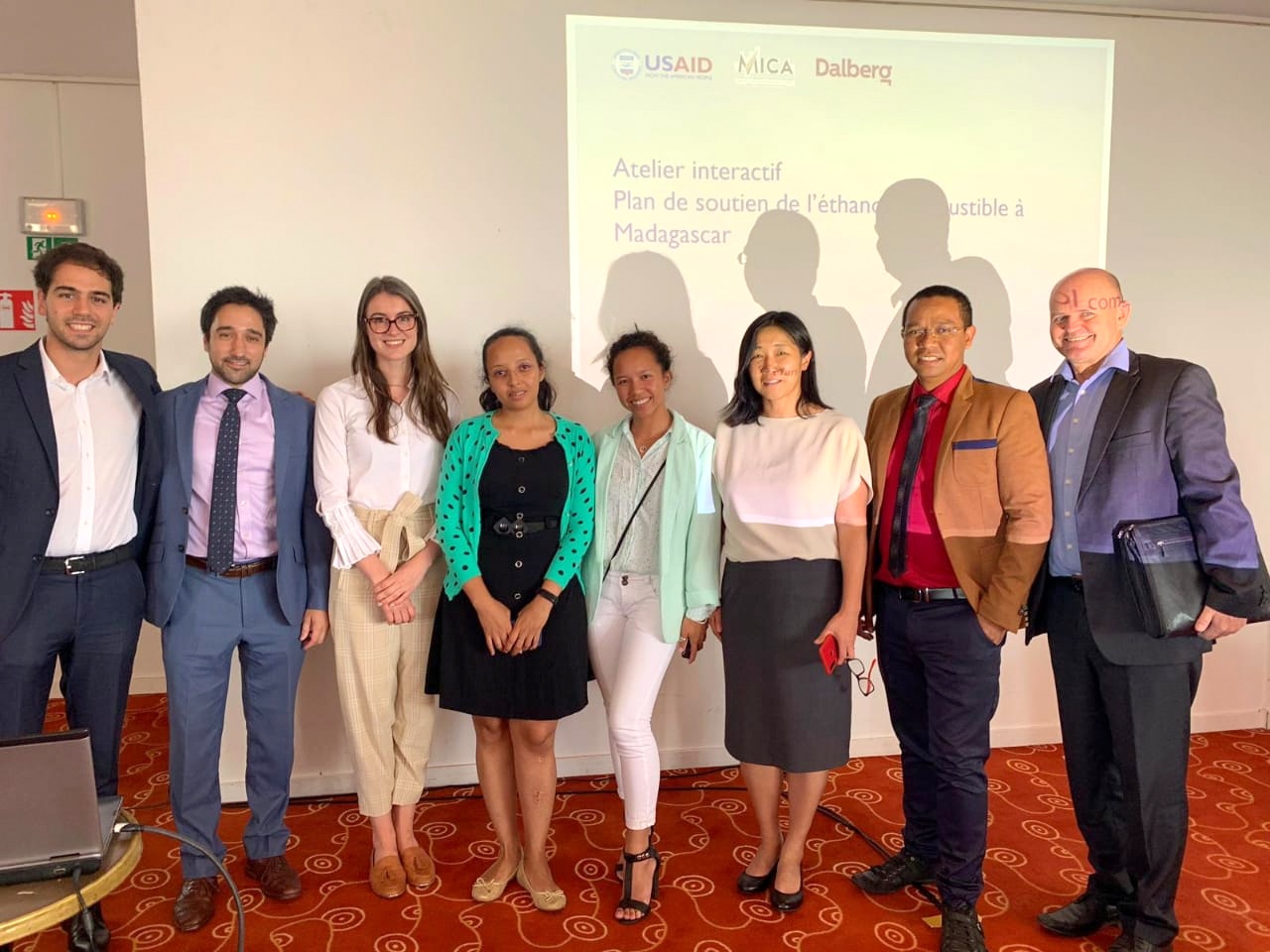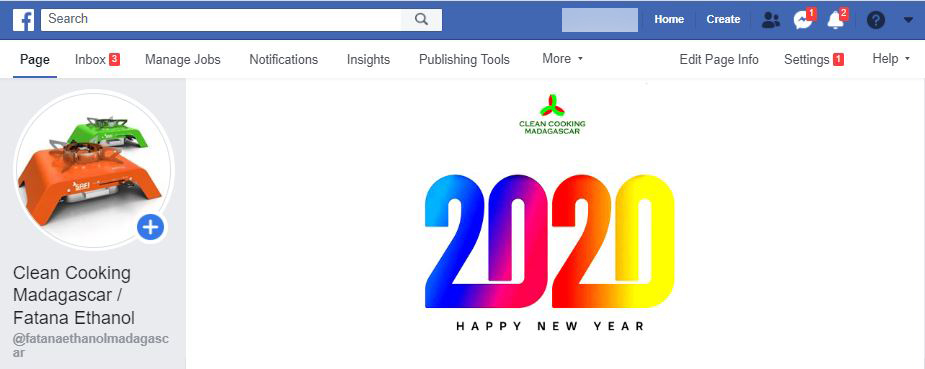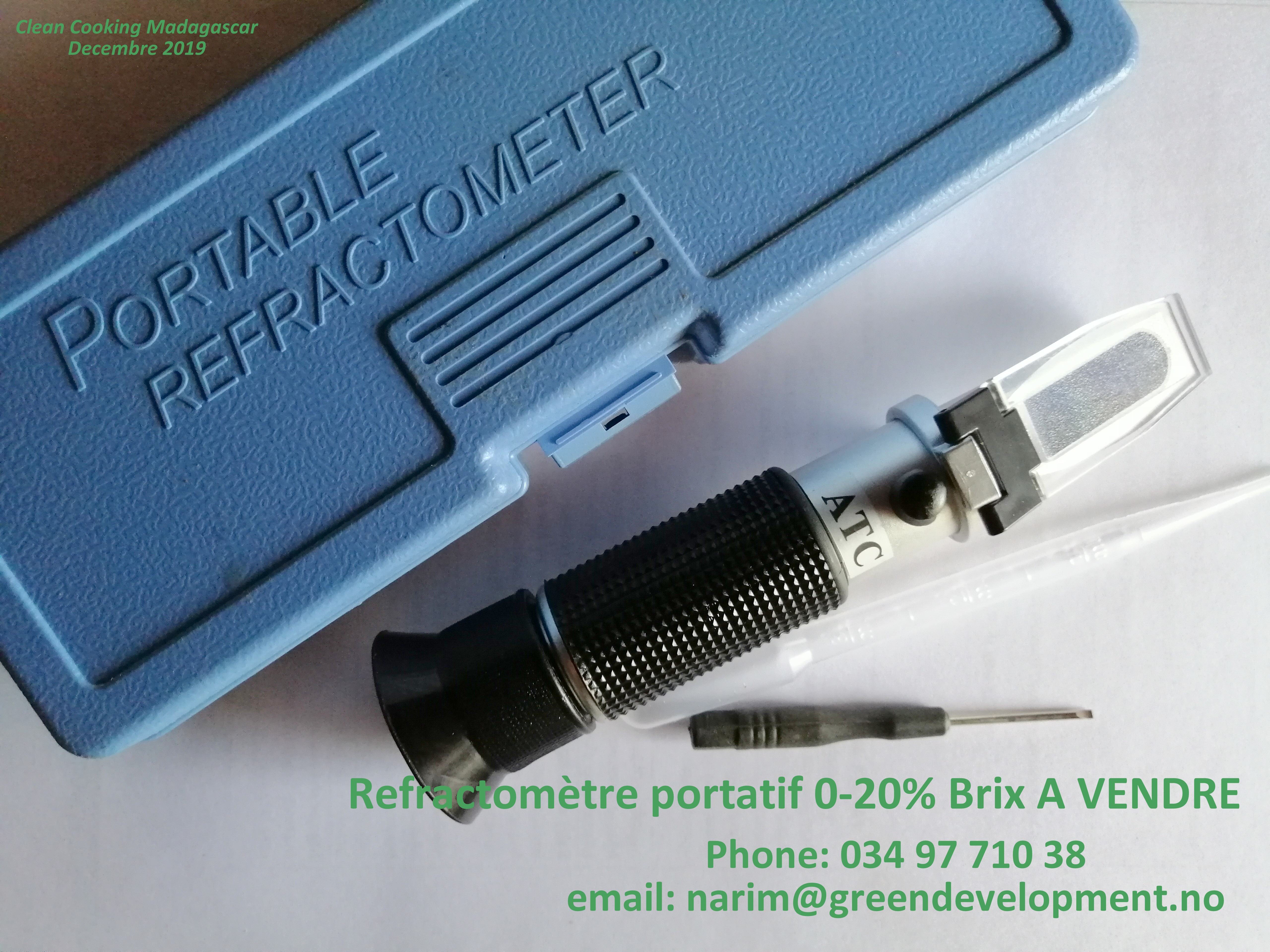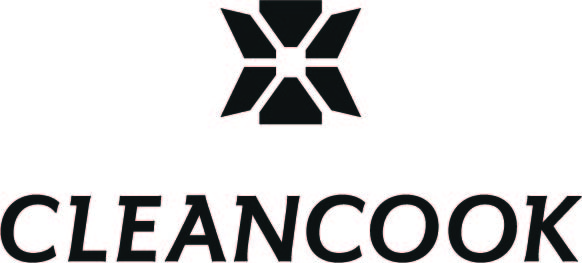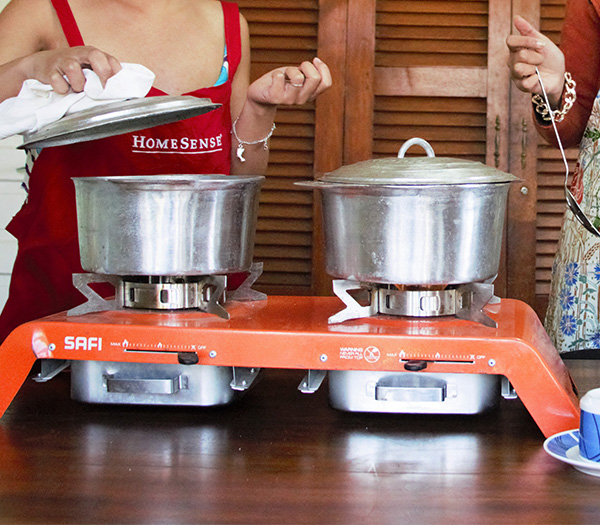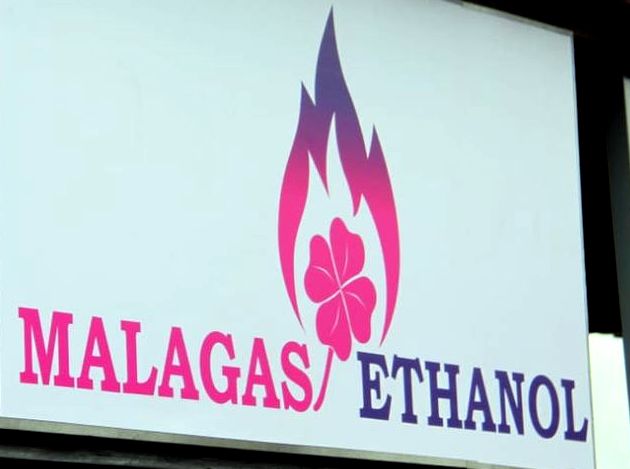Angovo Man’Eva
Angovo Man’Eva is an association for members of stakeholders in the ethanol stove program. Angovo Man’Eva will:
- Support the interest of the stakeholders of the program and hence its members,
- Promote the program and encourage more entities to be involved in the program so that the program can grow,
- Assess and recommend to its members and potential members about areas suitable for ethanol production and areas where the use of ethanol stoves is perceived as an attractive solution,
- Support and gradually take over the responsibilities of Clean Cooking Madagascar, including support to micro distilleries and ensuring that all parties in the program comply with the safeguard requirements,
- Mediate the potential conflict between stakeholders of the program and provide support as necessary.
World Bank
The World Bank is managing the Ci-Dev fund that will support the program through purchase of carbon credits. The World Bank will ensure that Green Development provide the agreed support to the program directly or through Clean Cooking Madagascar.
The program safeguard requirements are requirements from the World Bank. The conditions in the Local Project Implementation Partnership agreement is a reflection of the conditions between Green Development AS and the World Bank related to the purchase and sales of carbon credits from the Madagascar Ethanol Stove Program.
Any Local Project Implementation Partner might be excluded from the program if it fails to fully comply with the requirement of the World Bank based on the same requirement as the World Bank required of Green Development, including the requirement expressed during the World Bank appraisal process.
Green Development
Green Development is a private Norwegian company that has registered a Clean Development Mechanism Program of Activity (CDM PoA). Projects under this program will be implemented through local partners that will share the income from the carbon credits that is generated.
Green Development is supporting a number of projects in several countries in Africa as part of the same CDM Program of Activity that is used to finance the Madagascar Ethanol Stove Program.
Green Development also provide monitoring, quantification and verification of some of the co-benefits from the program.
Green Development is the owner of all the carbon credits generated by the Madagascar Ethanol Stove program.
Green Development will:
- Sign contract with any entity that want to be a Local Project Implementation Partner in Madagascar,
- Provide funding support to the LPIP that it has signed contract with, based on the terms of the LPIP contract,
- Provide funding for Clean Cooking Madagascar,
Cover all cost associated with monitoring, verification and issuance of carbon credits and for certification of other quantifiable co-benefits.
Wildlife Conservation Society
Wildlife Conservation Society is a program which works throughout Madagascar to ensure the long-term conservation of the country’s unique biological diversity. Wildlife Conservation Society (WCS) has made studies for suitable areas for sugarcane plantation and micro distilleries in Madagascar. Part of the certification condition for sugarcane plantation, for potential sugarcane growers and distilleries, the world bank wants that the sugarcane field along with the micro distillery is established in one of the indicated areas in the following maps: http://bioresource.rebioma.net/
Explanation on the different areas and colors shown from Wildlife Conservation Society’s map on High, medium and low risk areas for sugarcane alternated with the production of sorghum / cassava growing and the establishment of sugarcane micro-distilleries in Madagascar http://bioresource.rebioma.net/
The different conditions can be summarized by 4 main points: Administrative boundaries, soil tenure, socioeconomic, hydrological criteria.
Meaning of the different colors and areas:
Green means “LOW RISK”, Favorable areas to biomass production, these are areas defined as “agricultural areas”
Orange means “MEDIUM RISK”, Favorable areas but under conditions, these are areas which are composed by spaces which exploitation and use can compete with the orientation of the use of the ground, the right on the ground is yet to clearly define.
Red means “HIGH RISK”, Areas to avoid which are formed by protected spaces: protected areas, sensitive areas and/or areas meant for other particular use, and lands at high risk of conflict.
There are areas where it is strictly impossible to start sugarcane culture projects, and that the assessment procedures for the prequalification will remain difficult. But you can zoom in some high-risk area and you can find a small plot of land that could be exploited.
Project Gaia
Project Gaia promotes clean, safe, efficient coockstoves powered by alcohol fuels. By providing access to sustainable fuel, this project hopes to change the face of energy poverty by working to provide every households in developing communities with clean, realiable energy. For more information, please visit their webpage https://projectgaia.com/

